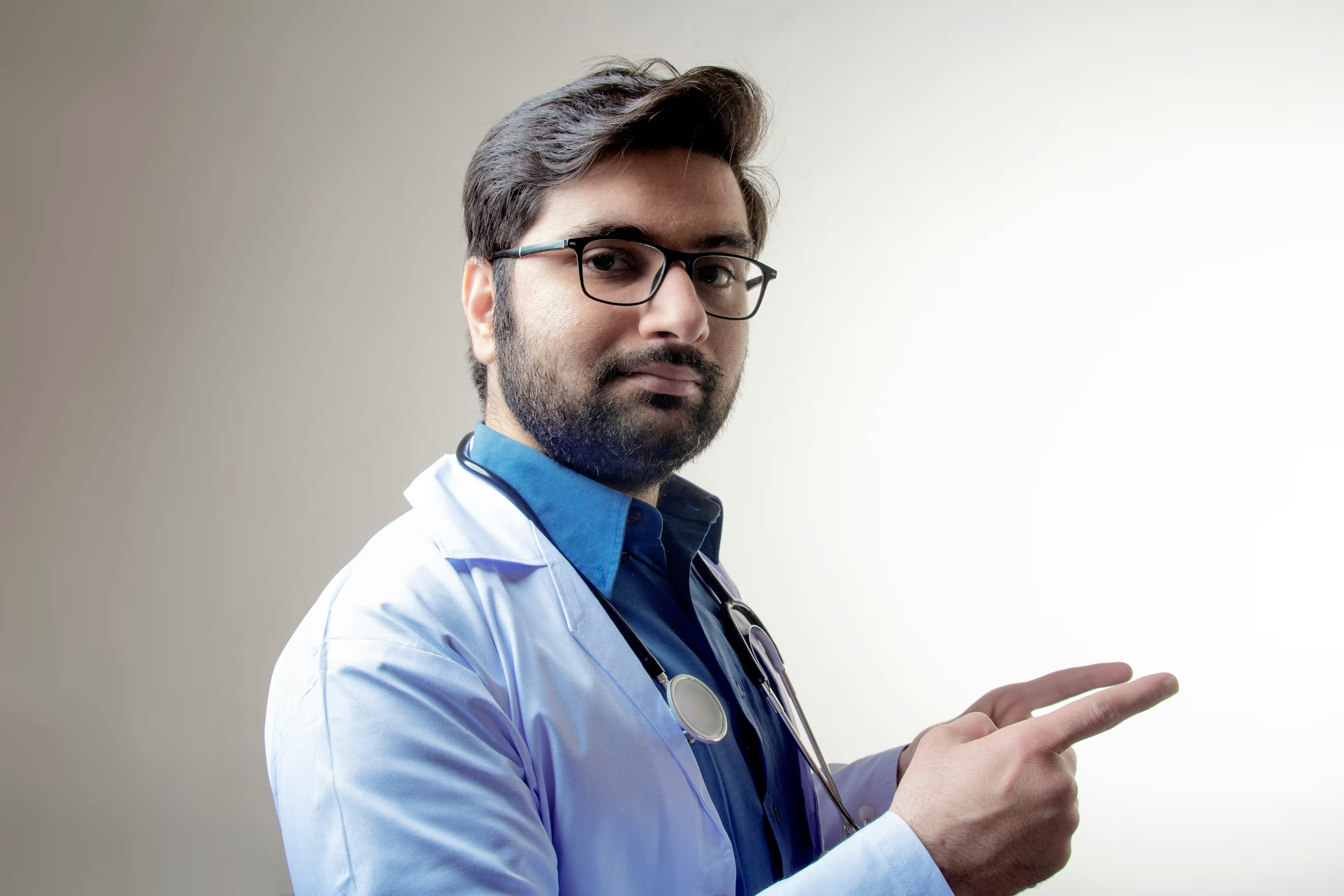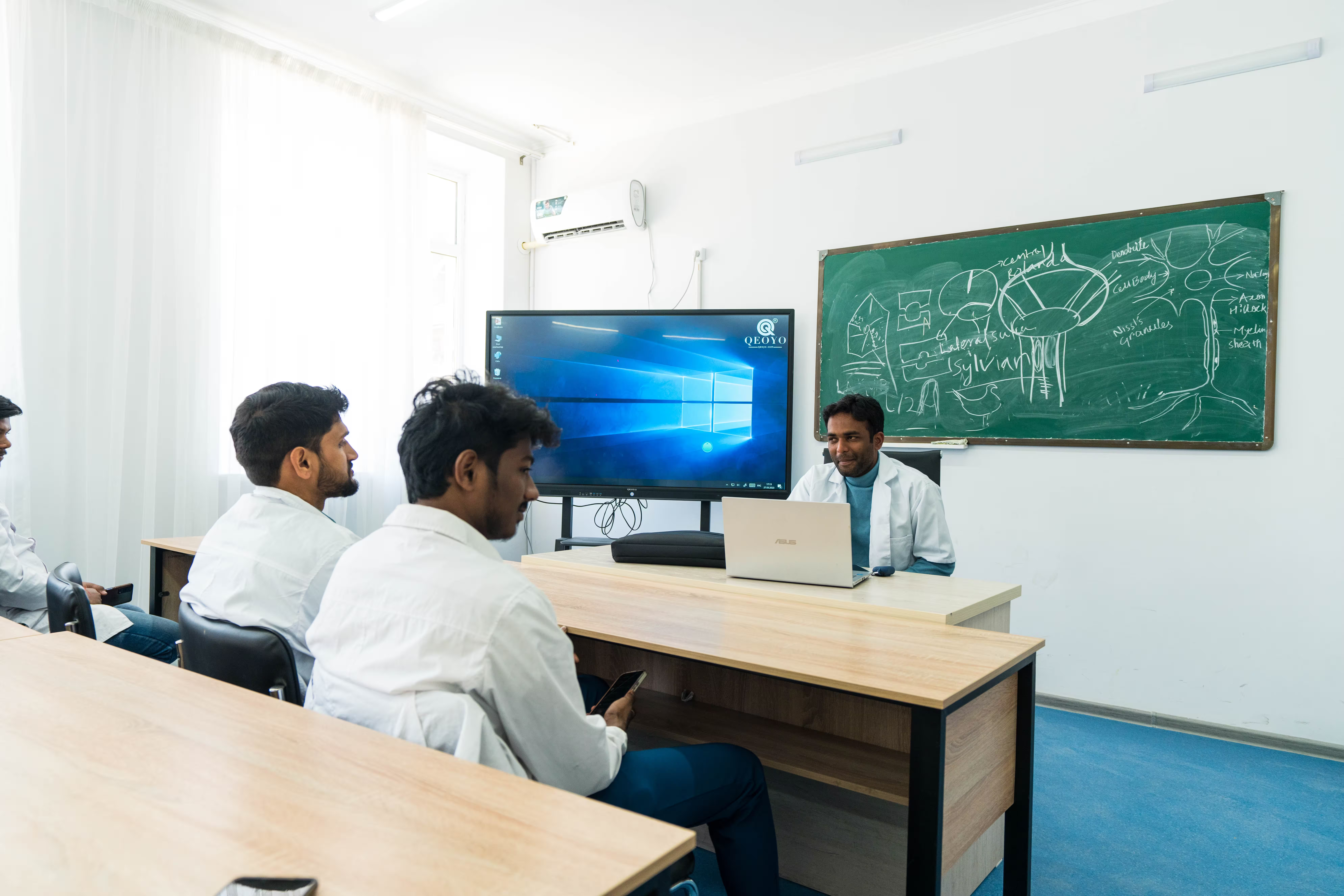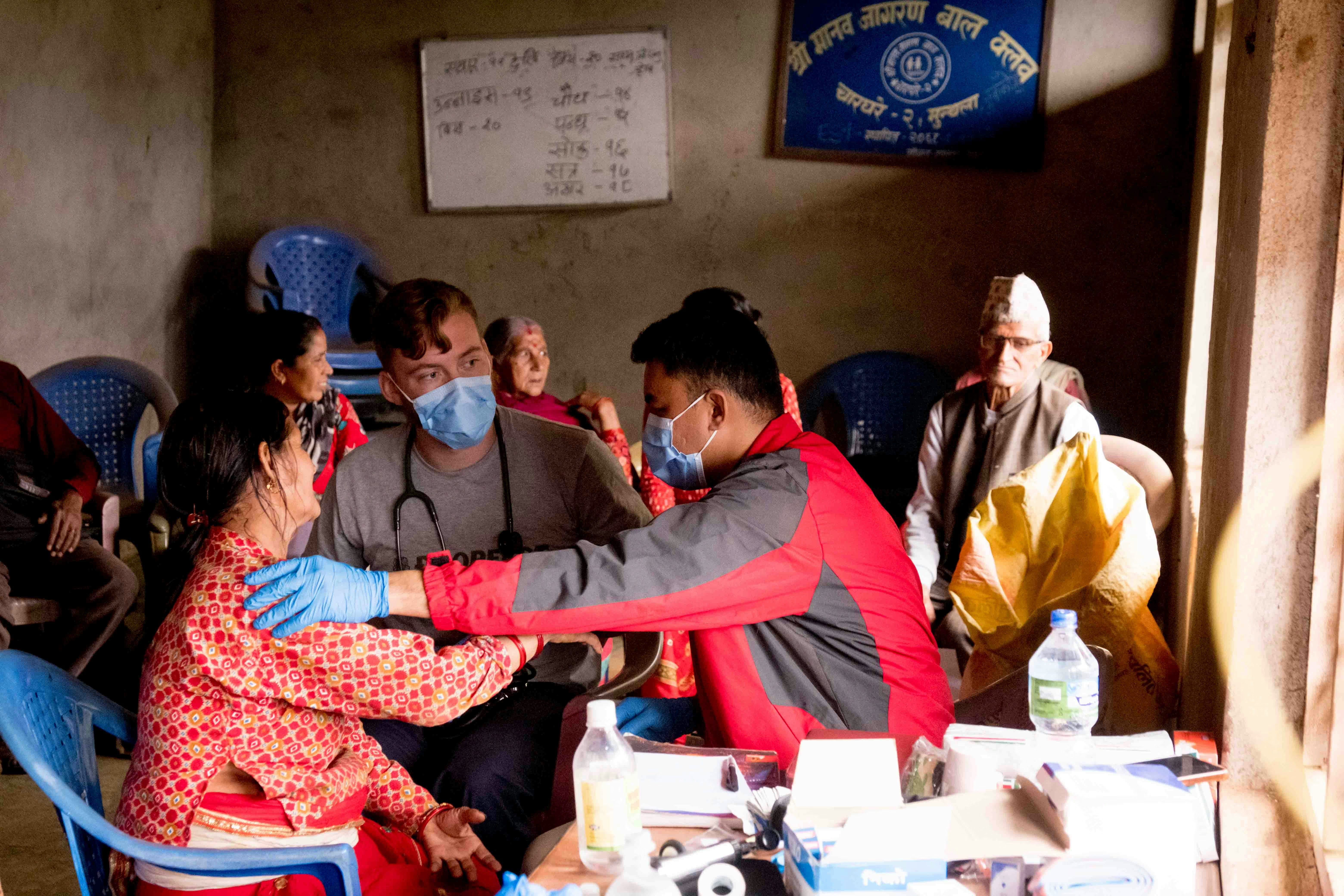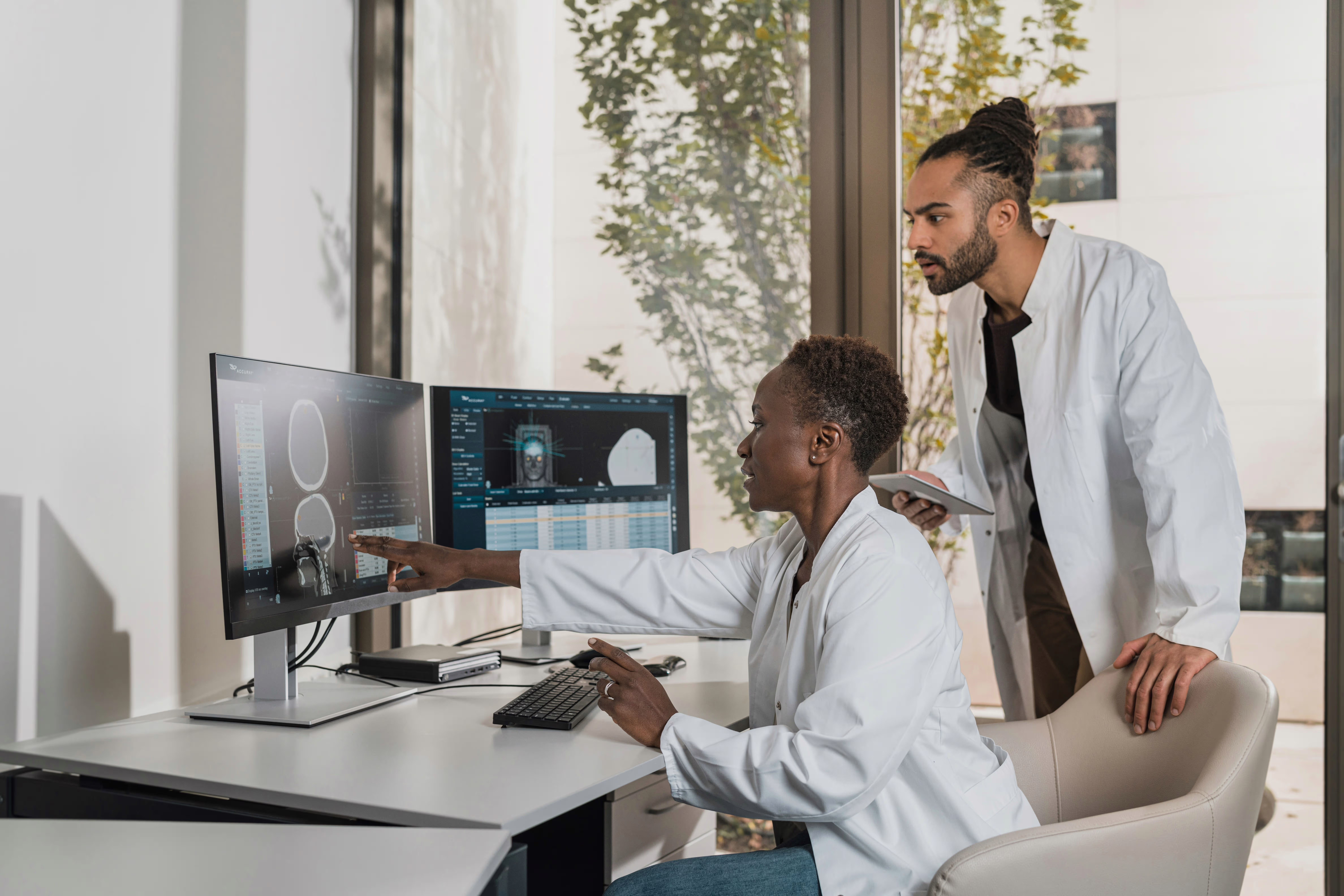Developing the Next Generation of Global Medical Leaders: Framework for Leadership Development Among MBBS Abroad Students
Case Study of MBBS Abroad and Leadership Competency
In a study of best MBBS college abroad students enrolled in a for-credit study abroad program, the research sought to identify the experiences that influence intercultural competency growth during study abroad and to learn how the experiences influence the development of global leadership competencies. The results led to a modified global leadership development expertise model for understanding the process of global leadership development in student populations.
The Result of Studying MBBS Abroad and Leadership Competency
The study revealed a key link between antecedent characteristics of students and their transformational ability during the study. The study also revealed that there are types of transformational experiences that, when experienced sequentially, can maximize transformational potential and the development of intercultural competencies.
Target Audience
This study is aimed for MBBS students who are pursuing their medical education abroad and aspire to become effective healthcare leaders worldwide or back in their own countries.
Framework for Leadership Development Among MBBS Abroad Students
Leadership Competencies
The first and foremost step is to identify the desired leadership competencies and outcomes; these will then serve as the basis for creating course objectives and further guide the framework and all subsequent details like content and delivery of leadership training.
Many leadership competencies are already described below however, these are not comprehensive and institutes may need to reframe and expand them to precisely describe the leadership competencies for their students. Ideally, a complete set of leadership competencies should include:
- Self-management competencies (exploration and management of self to develop greater self-awareness and emotional intelligence)
- Team management competencies (understanding principles of working collaboratively and leading teams in multi-professional environments)
- Ability to work with healthcare systems and other focused leadership competencies (e.g., leading change, setting realistic goals)
- Behaviour or transfer of learning-based competencies (e.g., demonstration as successful team leader in actual conditions, networking)
Leadership Skill Development for Aspiring Study Abroad Students
- Teach leadership skills like Self-Leadership, Emotional intelligence, resilience, time management
- People Leadership, Teamwork, inter-professional collaboration, mentorship
- Change Leadership, Systems thinking, innovation in healthcare delivery, advocacy
Leadership Internships for Study Abroad Students
- Engagement in global health organizations, NGOs, or academic leadership
- Global Conferences & Fellowships
Career Pathways and Strategy
Creating a robust international graduate network for collaboration and ongoing development.
Approach
- Clinical bridging and leadership foundational skills
- Advanced leadership, mentorship, and research engagement
- Strategic leadership placement and capstone project
Frequently Asked Questions (FAQ)
1. Can I practice in India, after MBBS degree from Abroad?
As per rules of the National Medical Council (NMC), you can practice in India after graduating from abroad. In order to get a license to practice in India, you are required to qualify the Foreign Medical Graduate Examination (FMGE) / National Exit Test (NExT coming up).
2. Can I do my internship in India, after MBBS degree from Abroad?
Students who have completed an MBBS (Bachelor of Medicine, Bachelor of Surgery) from a foreign university are eligible to do an internship in India.
3. Is there a provision for study abroad students to solve personal problems or queries?
Yes. Most of the university has an International Students Department where students can seek help for their problems directly.
4. Is MBBS certificate from Fergana Medical Institute recognized in India?
YES, The MBBS degree from Fergana Medical Institute is recognized in India and in more than 180 countries around the world.







